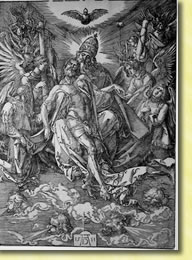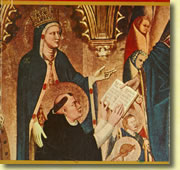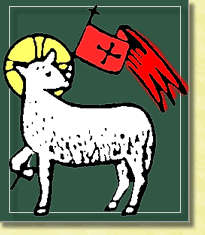I think I must be in a cranky mood today. At any rate, the following is also something I originally put on a certain (NeoCalvinist) Anglican(?) blog in response to the following:
The man born blind in John 9 was not an accident of biology. He was born blind so that the Lord Jesus could give him sight. Joseph was not sold into slavery by accident. He was sold into slavery by the express intended purpose of God to redeem many. The Assyrians did not destroy Israel on their own accord. They came as the arm of God to punish. The Lord Jesus was not crucified by fortunate happenstance. The men who delivered Him up and killed him did so by divine decree. There are no random molecules in the universe. Everything is governed by the decretive will of God. Nothing happens except that He has decreed it from the beginning. No death, no misfortune, no suffering, no sorrow, no misery is beyond his reach, or outside the scope of His will. That is why we can say that everything has purpose in this life, and that everything will eventually reveal the glory of God. We do not have to understand. It is sufficient that God understands.
Providence means that God is capable of bringing good out of evil. But God does not decree or create evil. Evil is entirely the result of the rebellion of creatures, which God permits, but does not cause. Certainly “No death, no misfortune, no suffering, no sorrow, no misery is beyond his reach, or outside the scope of His will.” It does not at all follow that “Nothing happens except that He has decreed it from the beginning.”
God does not decree sin. God hates sin, and his Son died to redeem us from that sin which God hates. To state that God decrees sin is to place on God the responsibility for that which he hates, and condemns, and the effects of which his Son died to alleviate.
(more…)












